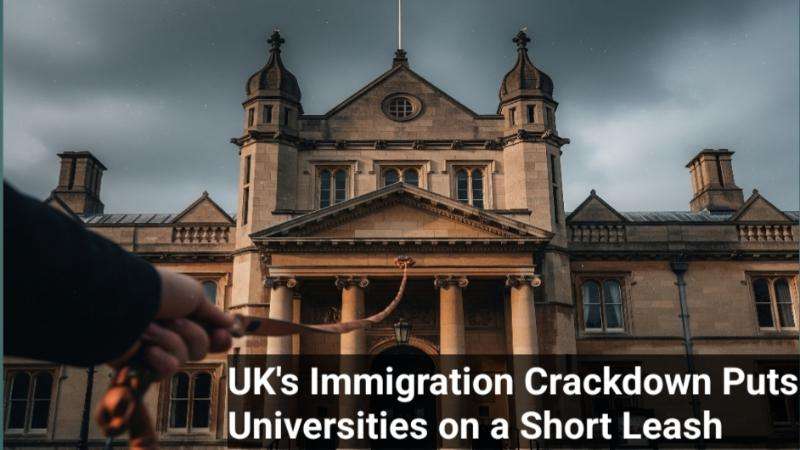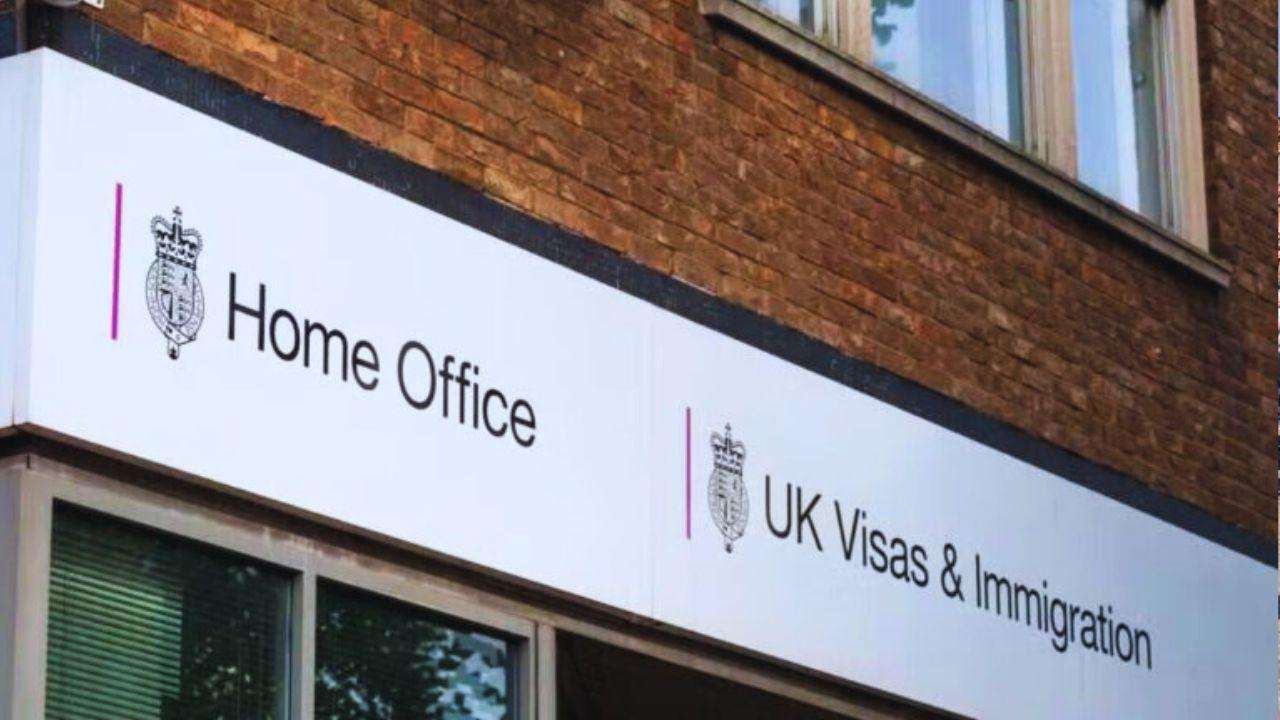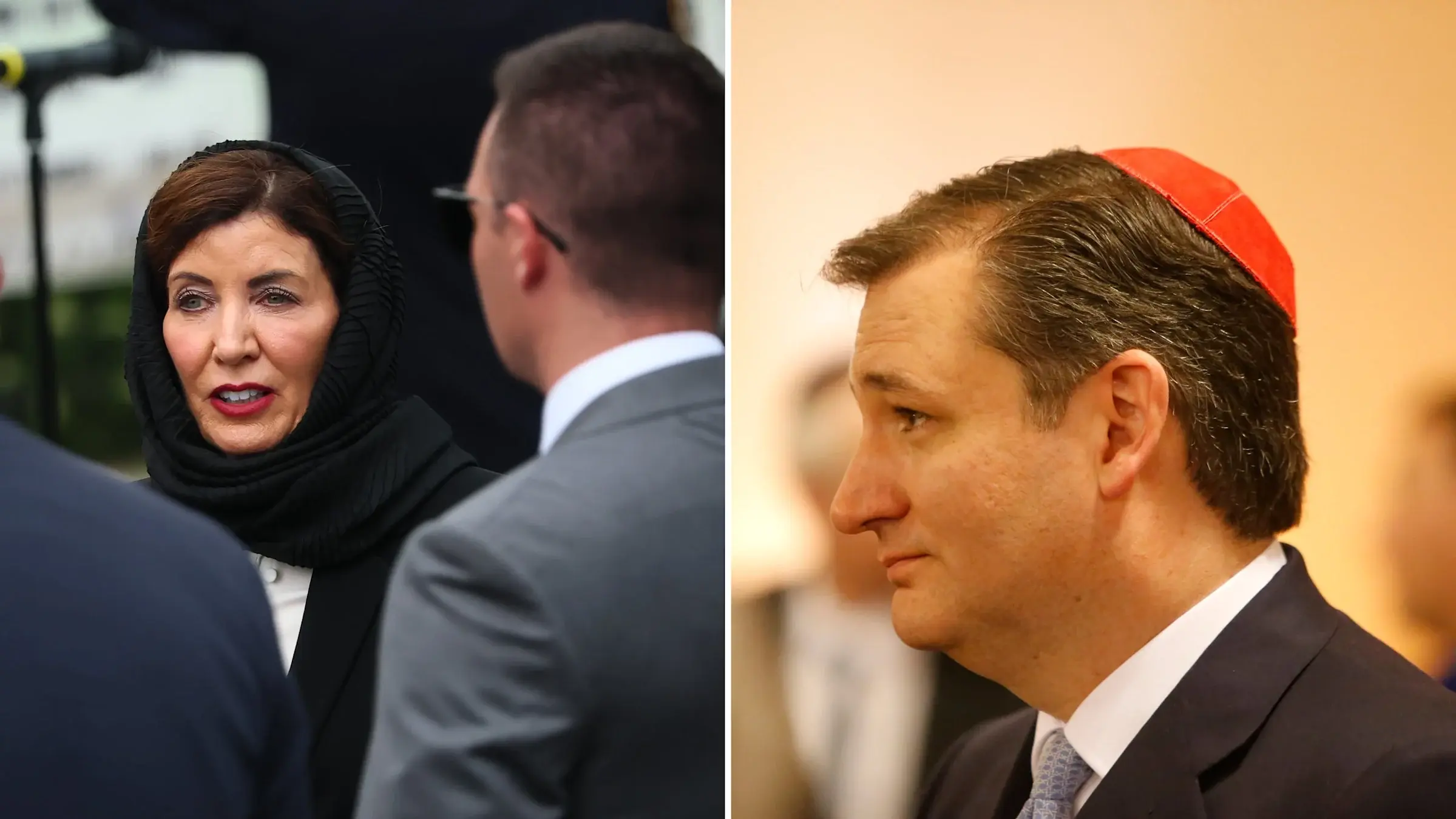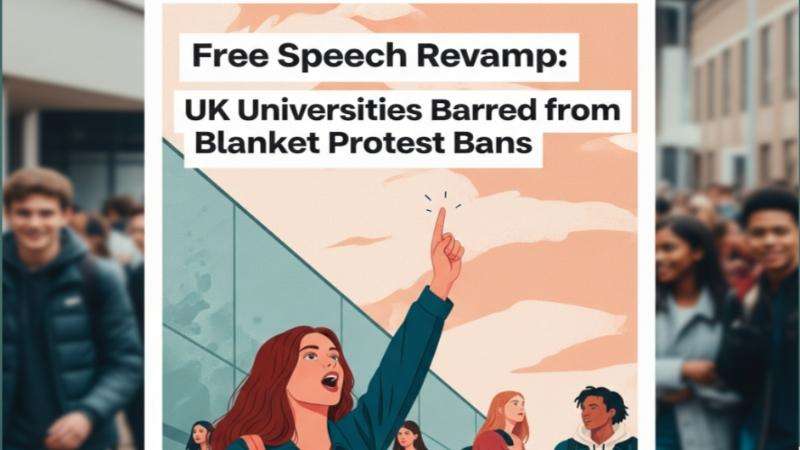English universities are facing a significant overhaul in how they manage student protests and controversial speech on campus, following sweeping new guidance issued by the Office for Students (OfS). The detailed regulations explicitly bar institutions from enforcing blanket bans on student demonstrations, asserting a "very strong presumption in favour of permitting lawful speech." This move aims to foster a more robust environment for open debate, even on highly inflammatory topics.
The new directives directly address the complexities of recent disputes, such as the pro-Palestine encampments seen at the University of Cambridge and the contentious debates surrounding academics like gender-critical professor Kathleen Stock. Under the OfS guidance, universities will find it much harder to penalize students and staff for any expression that falls within the bounds of lawful speech and does not constitute harassment.
Crucially, the guidance advises against prolonged bans on protest encampments related to the Israel-Gaza conflict, a measure previously employed by institutions like the University of Cambridge. However, it simultaneously mandates universities to take action against "frequent, vociferous and intrusive" protests if they are deemed to intimidate or harass Jewish students, highlighting the delicate balance between protecting free expression and ensuring a safe environment for all.
Analysis: Navigating the 'Culture Wars' on Campus
This new guidance from the OfS marks a significant intervention into the ongoing "culture wars" playing out on university campuses. On the one hand, it strongly reinforces the principle of free speech and academic freedom, which have been a subject of intense debate, particularly in cases involving academics with controversial but lawful opinions, such as Professor Kathleen Stock. The OfS's previous action, fining the University of Sussex for policies that created a "chilling effect" on free speech, clearly signaled their intent to enforce these principles. The new guidelines aim to prevent universities from self-censoring or stifling legitimate, albeit uncomfortable, discussions. A recent OfS survey revealing that 21% of academics feel constrained in discussing "challenging" ideas underscores the need for such clarification.
However, as Prof. Bobby Duffy of King’s College London notes, regulating this space is inherently challenging. The guidance, while providing a framework, may still struggle to fully address the "chilling effects" that certain forms of protest or speech can have on individuals or groups, even if not overtly unlawful harassment. The line between "vociferous and intrusive" protest and legitimate, impactful dissent can be subjective and highly context-dependent, leaving universities with a complex interpretative task. This ambiguity might lead to continued legal challenges as thresholds are tested in specific cases.
Furthermore, the guidance's suggestion that universities refuse admission to international students whose funding obligates them to follow foreign government policies introduces another contentious element. While aimed at protecting academic independence, this could have significant implications for state-sponsored students from various Asian and Middle Eastern countries, potentially impacting diversity and international collaboration in English higher education.
In essence, the OfS is attempting to codify a principle of "maximal free speech within the law," aiming to foster open intellectual environments. Yet, the implementation will undoubtedly remain contentious, as universities grapple with balancing a robust defense of free expression against their duty to protect students and staff from harassment and to maintain an inclusive learning environment. The guidelines signal a clear shift in regulatory oversight, pushing universities to be more permissive of lawful dissent while simultaneously demanding a firm stance against genuinely unlawful conduct. The success of this new framework will depend heavily on its nuanced interpretation and the willingness of all campus stakeholders to engage constructively within its boundaries, rather than exploit its complexities for divisive ends.








.svg)



